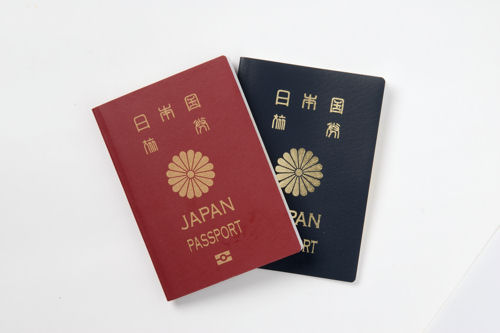Last time I talked about Donald Keene, the Japanese scholar and translator who came to Japan and took Japanese citizenship, and I thought I’d expand on that a bit. It’s quite easy for residents of Japan to become naturalized citizens if they desire it, with the basic rules being five years of consecutive residence in Japan, a history of good behavior, and basic Japanese language skills. In the past anyone wanting Japanese citizenship was required to legally take a Japanese name in officially-designated kanji characters. While I’m all in favor of writing Western names in kanji characters, this requirement led to strained relations with Japan’s large Korean minority, who maintained South or North Korean nationality in part because they were insulted by the idea of taking a Japanese name. While most countries including the U.S. have no issue with allowing dual citizenship, Japan officially requires that anyone desiring to be naturalized renounce citizenship in any other country; however this appears to be a classic case of tatemae (a facade, a social rule that’s ignored by everyone in practice), and the requirement is not enforced in practice. Incidentally, I live in Japan on a permanent residence visa (eijuken), not bothering to get Japanese citizenship because, as my wife points out, I’m more interesting as an American than a Japanese who’s is bad at kanji. (If you have more questions about possibly living in Japan, there’s a handbook for that.)

It’s quite easy to get Japanese citizenship.















